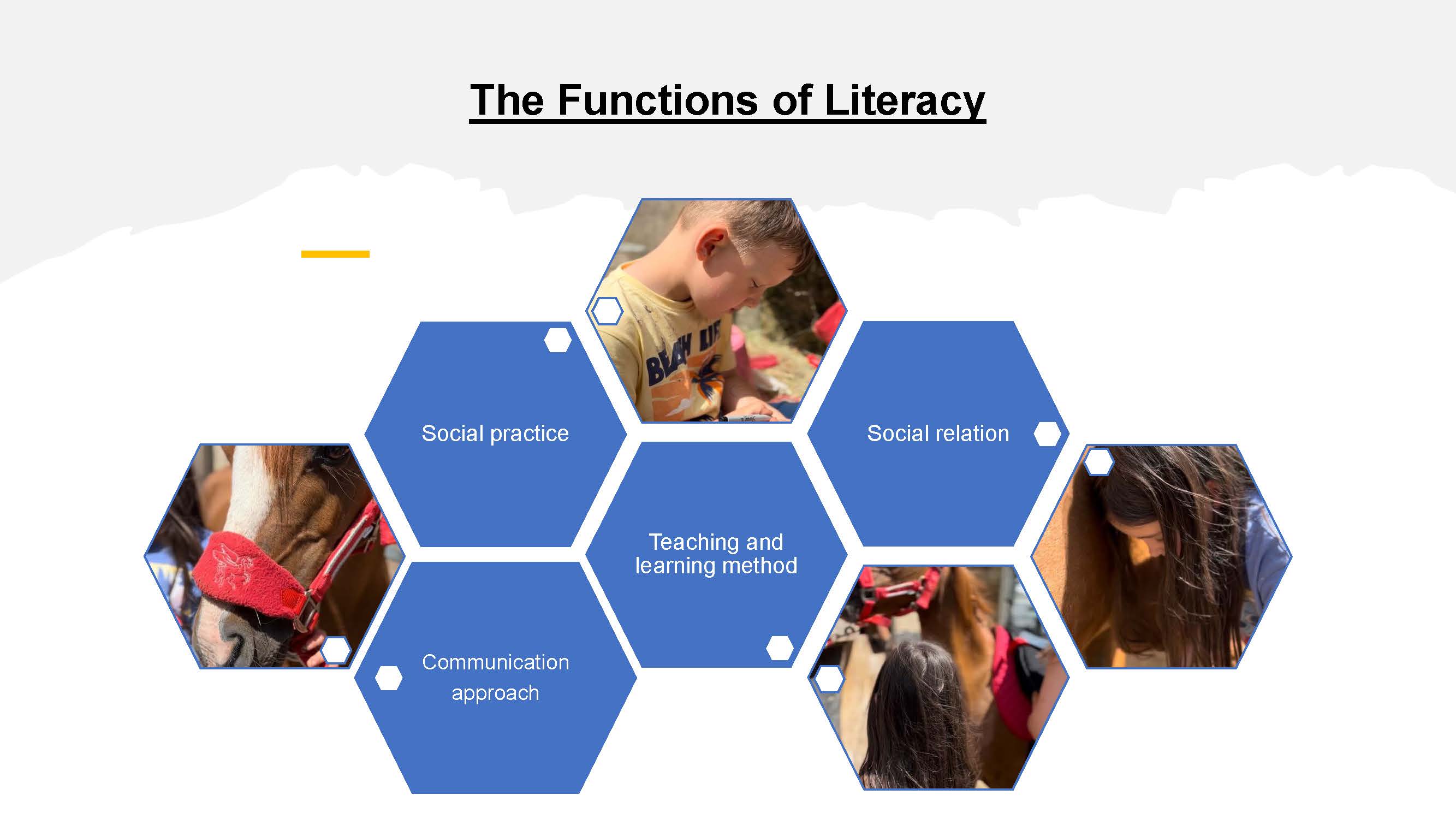ROMLIT is an innovative project which develops Early Years Literacies through Gypsy, Roma and Traveller heritage.
ROMLIT helps unlock the potential of all children’s literacies through context-specific, community-sensitive and relevant materials and practices it helps develop. We use participatory and children-led methodologies which are sensitive to the needs of parents, carers and children at the early years stage. We create training, Continuous Professional Development (CPD) courses and bespoke resources to serve professionals and carers who work with Gypsy, Roma and Traveller children. We explore literacies in formal and informal settings and in the everyday context. We approach literacies as multifaceted and diverse social practices and we research their overlap with early years children’s learning, growing and developing as learners and human beings.


)